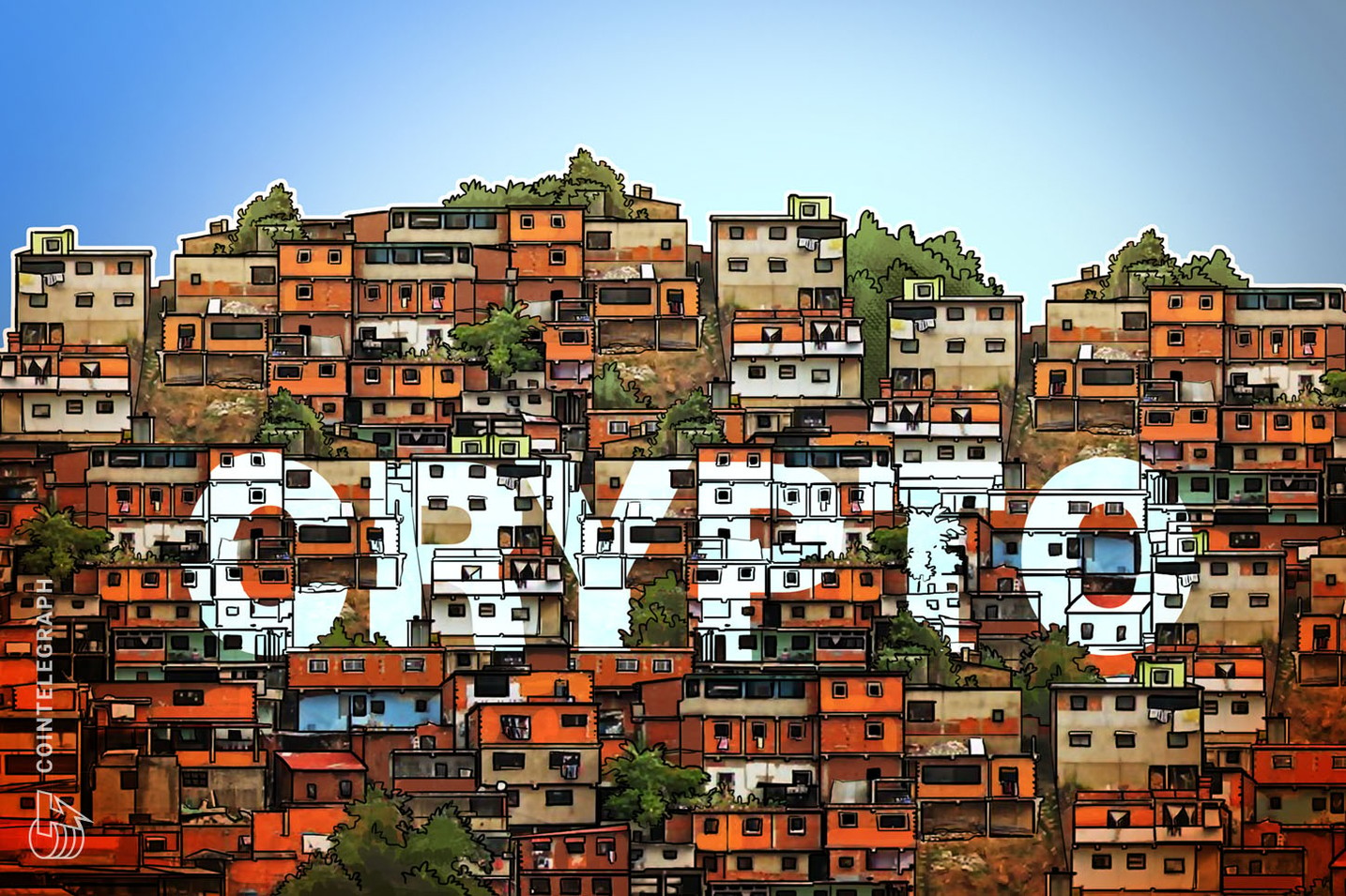A Venezuelan team is developing Locha, a decentralized mesh network that doesn’t rely on the internet to transact with Bitcoin (BTC). The system, based on radio waves, was born in response to frequent electricity and internet outages in Venezuela.
Locha Mesh is an open-source project led by Randy Brito, a member of the Bitcoin Venezuela organization.
It is developing two devices, named Turpial and Harpia, that would allow anyone to connect to the Bitcoin blockchain using long-range radio waves. Turpial is the simpler version of the radio transmitter, reported to work over distances of one to two kilometers in urban areas. Harpia is a more limited radio module to use with small computers such as a Raspberry Pi.
Both devices are developed to be portable and operate on battery power. Their application is not limited to BTC — any other blockchain like Monero could be integrated, or even messaging and file transfer systems like IPFS.
Realistic alternative to the Internet
Locha Mesh devices work by providing an alternate data transfer method to the internet.
Their primary use case is for critical situations such as in Venezuela and Iran, where infrastructure issues or government restrictions often lead to protracted shutdowns of the Internet.
But while physical inability to transact is one aspect, censorship-resistance is another. Brito elaborated in a discussion with Monero community members:
“We are making something for the situations where you don't have Internet at all, either due to lack of infrastructure, targeted censorship or in case you want to be completed anonymous so you don't want to expose your home/phone IP address that is linked to your identity.”
Though it will sell its own devices, Locha aims to make it possible for tech-savvy enthusiasts to recreate a mesh-compatible transmitter. The software is open-source and accessible to all.
Roadblocks to adoption
One existing weakness of the Locha Mesh proposal is that it still requires internet access at some point in the network to connect to the worldwide cryptocurrency nodes. Though even during the internet shutdown in Iran some remained connected to the worldwide web, it is unclear whether a full Locha network would remain functional.
Speaking with Cointelegraph, Brito explained that the network wouldn’t necessarily rely on nodes connected to the internet via landline. Users with satellite dishes would also be able to act as gateways and retransmit the data within the Locha mesh.
When asked whether users in crisis-stricken countries like Venezuela would be able to afford and access the device, Brito replied:
“We don't expect it to be that high on price, our aim is to make the Turpial device as portable and affordable as possible. It will be possible to buy them from any country, in places where it cannot be shipped to we'll have plenty of documentation so people can build their own, and maybe some individuals would like to get some of our Turpial devices into those places we may not be able to reach ourselves.”
However, the team’s progress is still slow. A production-ready device is expected to be completed by Q2 2020, after which a further delay is expected for setting up manufacturing. The team is currently seeking funding, with Brito noting that additional resources would speed up development:
“We think so. With more funding we'd be able to get to a production-ready hardware and software sooner, just as we've been able to get to our own hardware revisions and the needed software-firmwares with the investments and donations we've received throughout 2019.”
